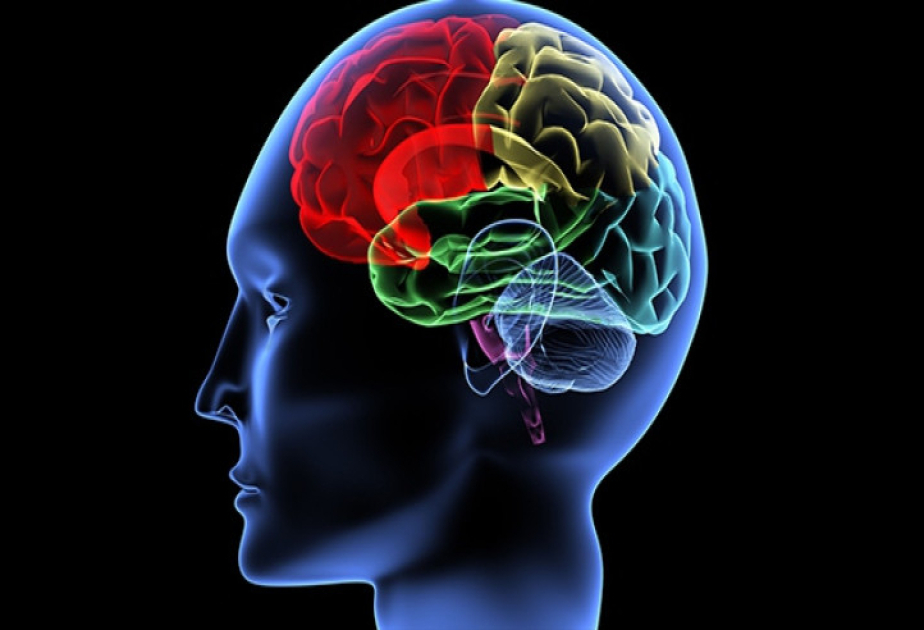Memories of significant learning experiences—like the first time a driver gets a speeding ticket—are sharp, compared to the recollection of everyday events—like what someone ate for dinner two weeks ago. That's because the human brain is primed to learn from helpful associations, according to MedicalXpress.
Carnegie Mellon University researchers have identified specific neural connections that are especially sensitive to this process of learning about causality. The discovery, while seemingly intuitive, could have widespread implications for understanding how humans learn and inform new ways to address learning challenges.
"If you look out the window and see dark clouds, you know that it's going to rain and that you'll need an umbrella," said Eunsol Park, a Ph.D. student in the Department of Biological Sciences and the Center for the Neural Basis of Cognition, a joint program between Carnegie Mellon and the University of Pittsburgh.
"It may only take one or two rainstorms to realize it's a pattern worth paying attention to. If, in an alternate universe, the color of the sky had nothing to do with the weather, we wouldn't bother looking up at all."
What's happening inside the brain when experiencing something for the first time—and how it decides if it's meaningful—is the subject of new research from the Barth Lab, which focuses on how memory and learning shape the brain. The study is published in the journal Cell Reports.
"Our brains are wired to understand how one thing causes another," said Alison Barth, Maxwell H. and Gloria C. Connan Professor in the Life Sciences at the Mellon College of Science and member of the Neuroscience Institute. "And when you're first trying to learn something, it's a very special time."
Led by Park, researchers looked at how the connection between two different types of neurons—cells that transmit information to different parts of the brain—changes in response to new learning experiences. They found that the strength of the connection only changed if an experience was meaningful. These neurons are located in the sensory cortex, a part of the brain that other animals—like cows and dogs—have as well. That means that this finding could have a wider significance and help researchers understand how a broad range of animals learn.
"We were only seeing this change in the brain if something was useful to learn," Park said. "If there was nothing to learn, there was no change."
Park and the team studied the behavior of mice, using them as a model to understand how learning happens in the brain. She observed how mice responded in three different scenarios.
In one group, when mice received a puff of air on their whiskers (the stimulus), they always got a reward. In another group, when mice received the air puff, they got a reward sometimes, but not always. In a third group, mice received a reward without any stimulus. When the reward wasn't reliable, Park observed two important things: The mice quickly learned to ignore the stimulus and there was no change in the neurons' behavior.
"This means that somehow the brain can distinguish whether there is a useful association to make, or there is nothing to learn," Park said.
Barth said the research shows that the brain is primed to learn new things.
"Learning something new is so powerful," Barth said. "And this shows that our brains are very sensitive to things that make sense."











